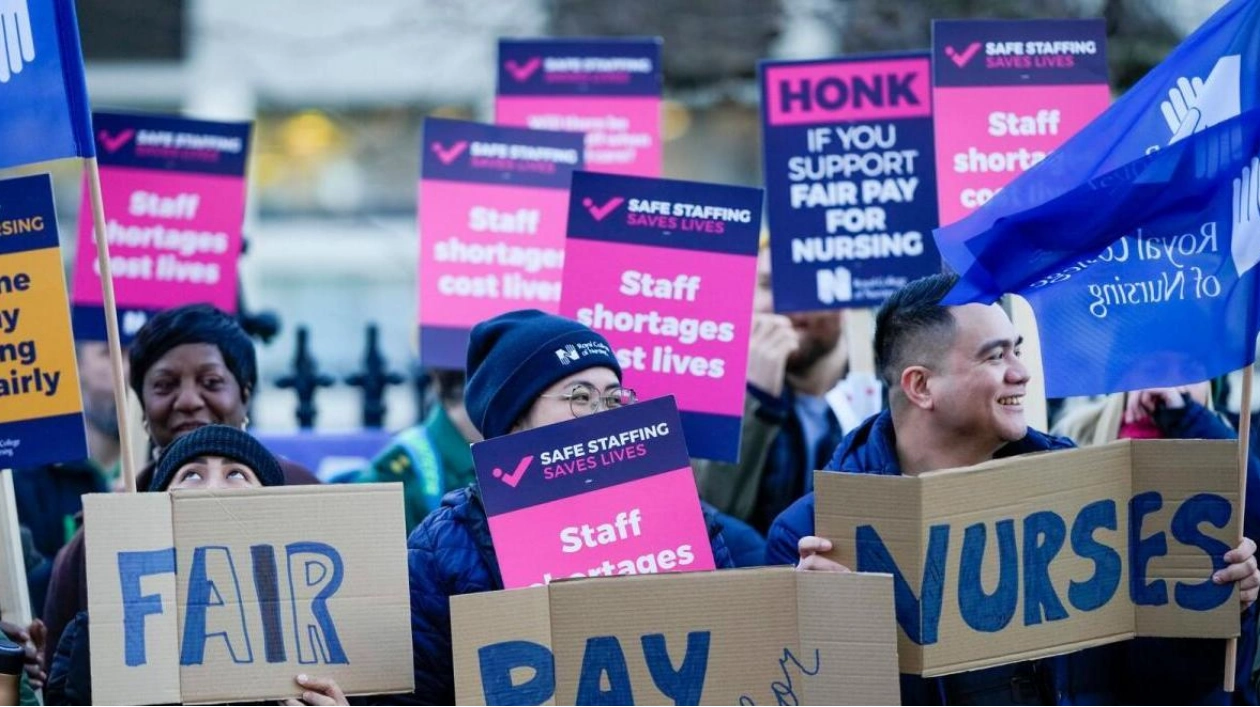Britain's new finance minister, Rachel Reeves, has announced that she will contemplate granting inflation-exceeding pay raises to nearly 2 million government employees later this month to prevent debilitating strikes in the public sector.
According to media reports, two pay review bodies that advise the government have suggested a 5.5% wage increase for 460,000 teachers and 1.4 million staff in the state-run National Health Service. When asked if the government would endorse these pay raises, Reeves expressed her appreciation for public service workers and cautioned about the 'cost' of protracted conflicts with unions, which had hindered the previous government's attempts to enhance public services.
'I really value public service workers, in our schools, in our hospitals, in our police as well,' Reeves told the BBC. 'There is a cost to not settling, a cost of further industrial action, and a cost in terms of the challenge we face recruiting.'
The Labour Party secured a commanding majority in a recent general election, promising a decade of 'national renewal' following 14 years of Conservative-led governments. Leading up to the election, Labour had ruled out increases in income tax, corporation tax, and value-added tax rates, leaving limited scope for increased spending.
The estimated cost of a 5.5% pay rise for teachers and certain National Health Service staff could amount to approximately 3 billion pounds ($3.88 billion), according to the Institute for Fiscal Studies. With inflation in Britain currently around 2%, Reeves, Britain's first female finance minister, stated that the government will 'make sure the sums add up' if public sector workers receive pay raises above inflation.
The Institute for Fiscal Studies noted that approving these pay raises would necessitate raising taxes, increasing borrowing, or cutting government spending in other areas. Reeves plans to outline her strategy for public sector pay agreements and announce the date of the next budget before the end of this month.






